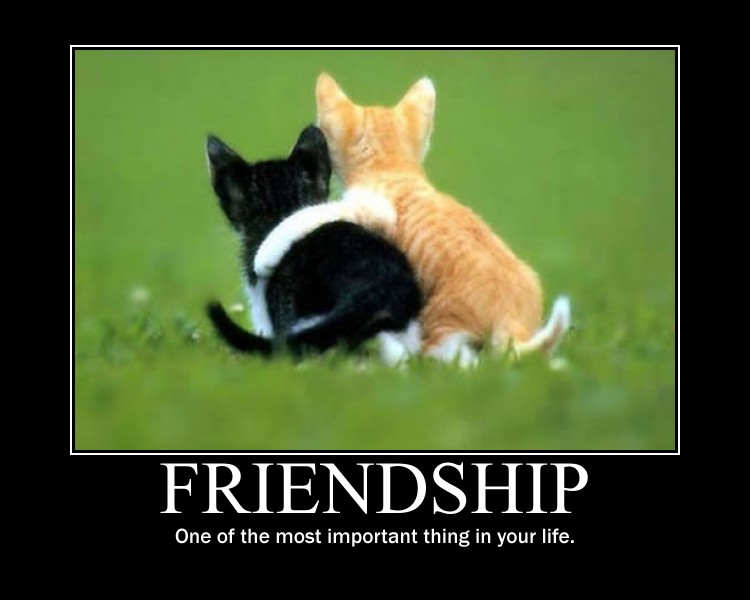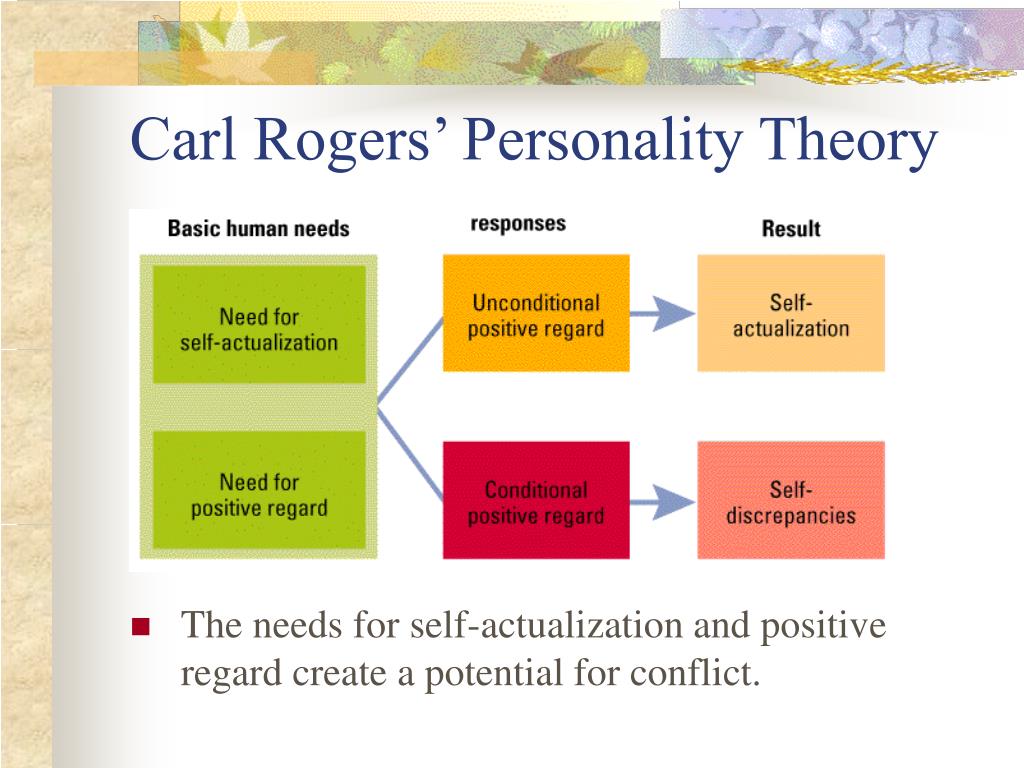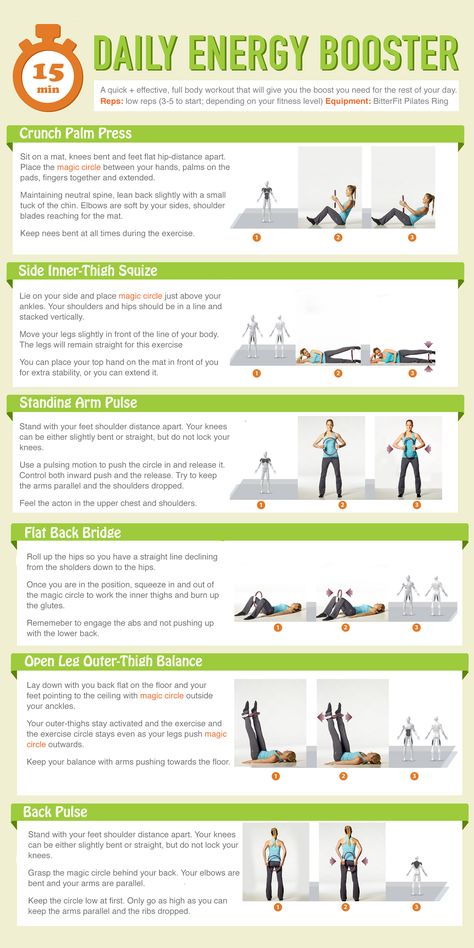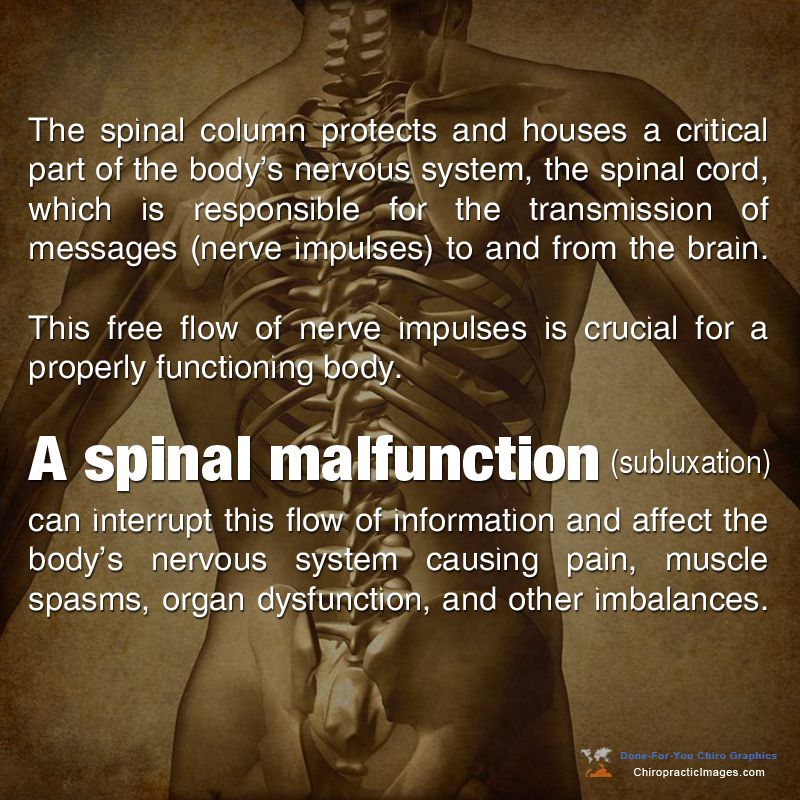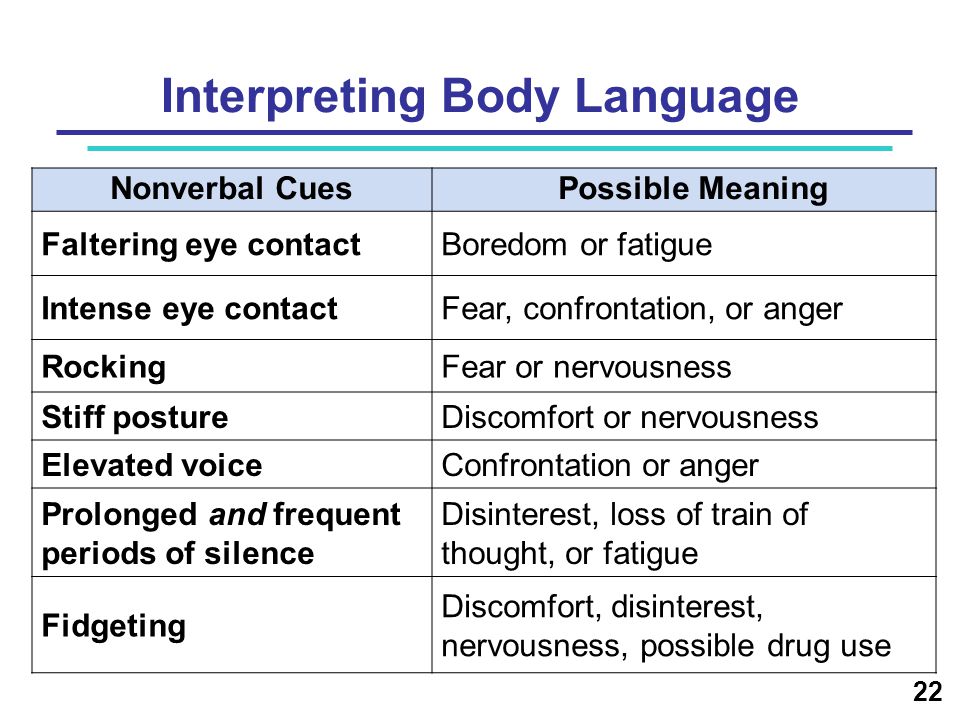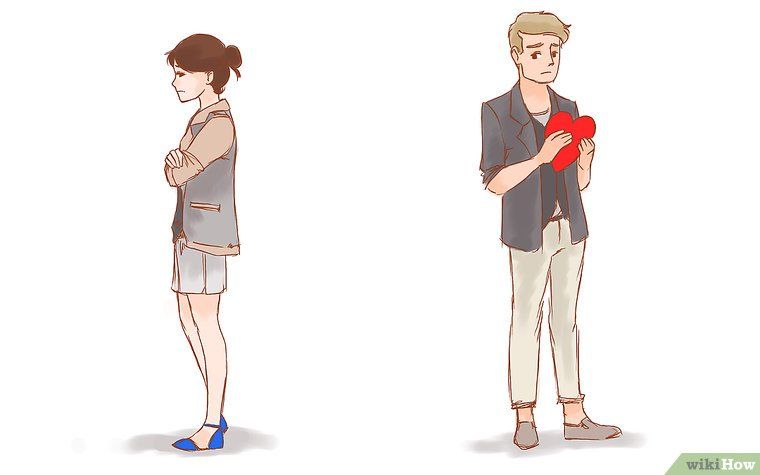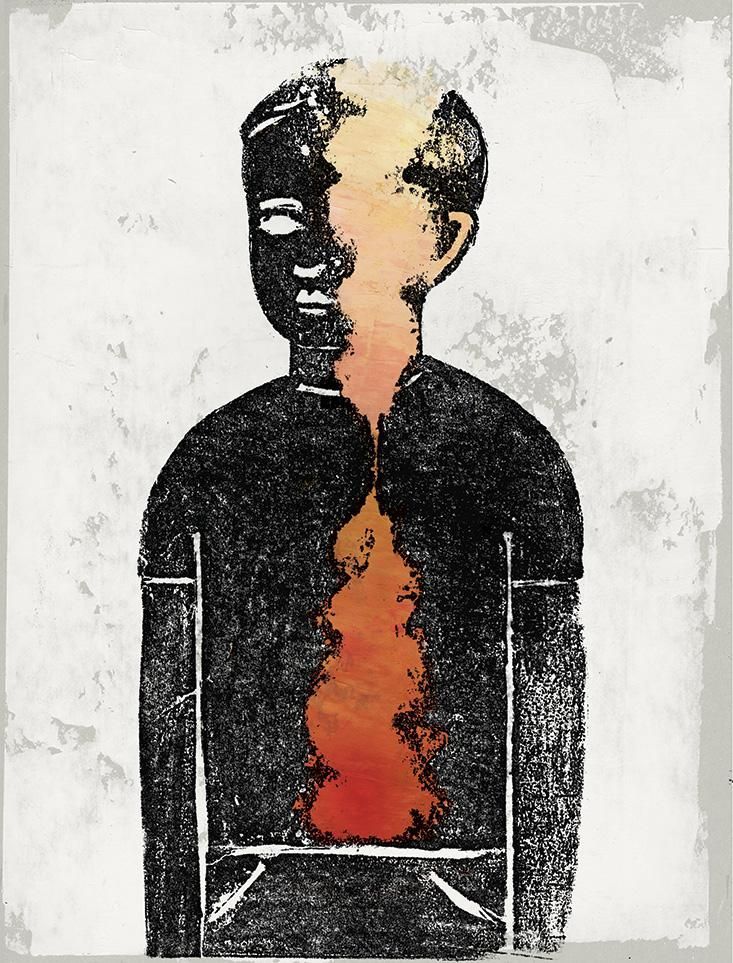Hurt in friendship
4 Ways to Handle Friendship Hurt in a Healthy Way
August 08, 2019 | Posted by : Donna Jones
“I AM SO MAD AT HER!” The tears in my daughter’s eyes told me she was more than mad. She was hurt.
There’s not a female alive who hasn’t been hurt by a friend at least once. We might be 10, or 20, or 40, or 60, but it happens; a friend’s actions or words pierce our hearts, leaving us wounded and wondering what to do next.
While friendships are one of God’s greatest gifts, friendship can also be a source of great sorrow. It hurts us when friends hurt us.
Because no one wants to be hurt (ever!) our response to hurt can be primal; the “flight or fight” response, which can make us prone to lash out, withdraw, get even, talk trash. But is this the best way to handle hurt in our friendships?
We know it’s not.
- Believe the Best, Until You are Certain of the Worst
I’m convinced if women did just this one thing–believe the best, until we are certain of the worst–the bulk of our friendship drama could be resolved quickly, with a positive outcome.
It’s a sad reality, but too many of us allow our thoughts to go to the dark side. Way. Too. Fast. We attribute hurtful motives to hurtful actions. We make assumptions which may, or may not, be true.
Hurt comes in two forms: 1) intended 2) unintended.Most friends don’t intend to hurt us. A true friend doesn’t get up in the morning thinking “today I’m going to make _______’s life miserable.” It just…happens. A careless word. A forgotten event. A sensitive subject. A different priority.
Suddenly, someone feels hurt.
It’s easy to assume the sign of a good friend is that she will never, ever hurt us.
So. Not. True.
A good friend may hurt us, but she won’t mean to hurt us, and she’ll be sorry if she did. It’s this kind of heart–one that genuinely doesn’t want to harm another–that marks a good friend.
Why should we believe the best when it’s so much easier to assume the worst?
When we believe the best we give our tender emotions and out-of-control thoughts (Why didn’t she invite me? What did she mean by that comment? I can’t believe she did that!!!) a chance to catch up with reality.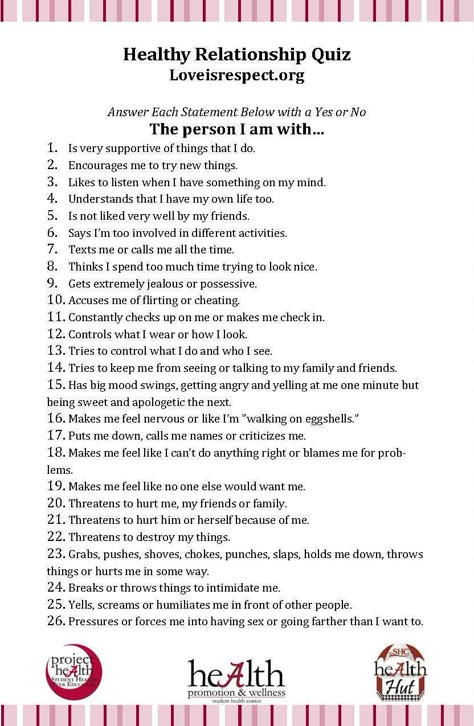
Don’t let your feelings explain the facts; let the facts inform your feelings.
Click To Tweet
If a good friend hurts you assume the hurt was unintended until you know otherwise.
- Develop the Ability to Identify an Unsafe Friend
As we’ve just seen, hurt can be intended or unintended. While it’s rare for friends to admit they intended to hurt us, the fact remains: some friends do intend to hurt us. Even Jesus had his Judas.
How can you spot an unsafe friend?An unsafe person cares more about herself than the friendship or friend. Her actions will prove it.
Gossip. Manipulation. Betrayal. Rejection. Put-downs. One-upmanship. Lies. Drama. Frequent outbursts of anger. Pressure. These are just some of the qualities you’ll find in an unsafe friend. If you notice a pattern of these behaviors, beware: This person will hurt you.
When we gossip, hold grudges, harbor jealousy, or lie, we are the unsafe friend. If we want to have healthy friendships we can’t rationalize or excuse our hurtful behavior. In God’s eyes, it’s a big deal to hurt others.
So, what do you do with an unsafe friend? Run!
What do you do if you are an unsafe friend? Repent!
- Talk To the Person, not About the Person
Talking about friends can never heal hurts between friends. It just makes the hurt go deeper. Or lie dormant. Until the next time…
If we don’t talk to our friend to her face, in all likelihood, we will talk about our friend behind her back (Come on. You know this is true). God has some pretty serious stuff to say about gossip, slander, bitterness and unaddressed anger.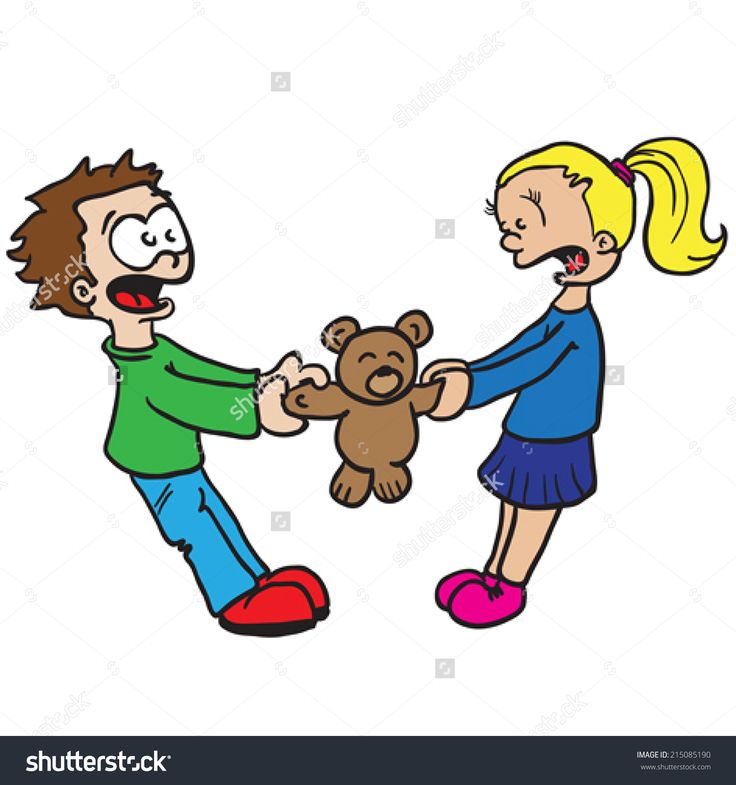 In short, God says “don’t”. This type of behavior is simply not fitting for a believer.
In short, God says “don’t”. This type of behavior is simply not fitting for a believer.
Instead, God says to handle conflict this way (and He’s not joking): “If your brother or sister offends you, go and point out their fault, just between the two of you. If they listen to you, you have won them over.” Matthew 18:15
“Brothers and sisters, if someone is caught in a sin, you who live by the Spirit should restore that person gently. But watch yourselves, or you also may be tempted.” Galatians 6:1
Truth without love is hurtful. Love without truth isn’t helpful.
But, truth with love is holy. It’s the only equation that can make a relationship whole.
Truth in Friendship + Love in Friendship = Wholeness in Friendship
Click To Tweet
- Handle Hurt in a Healthy Way
I suspect the reason so many believers don’t go directly to the person who wronged them–even when they know they should– is the faulty belief that there is no good way to point out an offense or talk about hurt, and have a positive outcome.
But there is.
Here’s how:
- Start by affirming the relationship (“I value our friendship. I value you.”)
- State the facts (“When you said______________”, When I found out I wasn’t invited”, etc.…)
- Share your feelings or thoughts (I felt ______________; I thought__________).
- If you contributed to the problem or conflict in any way, admit it and apologize.
- Wait for their response. (Their response will indicate what you do next–if anything. In some cases you may need an impartial third party at this point.)
- Forgive and move on–either as closer friends, or with the realization that the friendship is not one that should be close.
God wants us to have good friendships. We want them. We need them. When we follow God’s plan we’ll find the joy in friendship our hearts desire.
You are loved,
Donna
If you’d like more info on how to have healthy friendships, check out Donna’s five-week Bible study, Get Healthy: Friendship.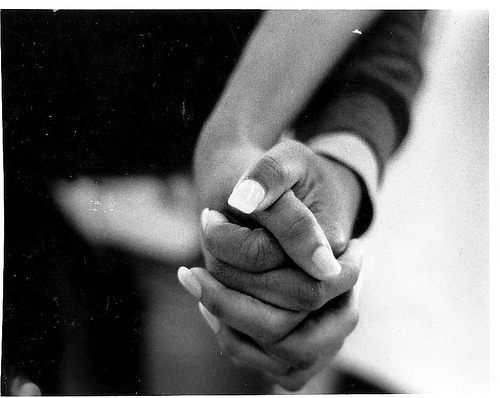
Did you know you can follow Donna on Instagram? She’d love to connect with you there @donnaajones!
The post 4 Ways to Handle Friendship Hurt in a Healthy Way appeared first on Donna Jones.
How to Forgive and Move Forward
We include products we think are useful for our readers. If you buy through links on this page, we may earn a small commission. Here’s our process.
Forgiving a friend may not be easy, but it could be good for your mental health.
There’s no sugar coating it: it hurts to be hurt by a friend.
When a friend wrongs you, you may question whether the friendship is worth keeping. Yet, even if you feel uncertain about whether you can fix the friendship, practicing forgiveness could be good for your mental health — on top of good for your relationship.
A 2017 study found that greater forgiveness is associated with less stress and better mental health. Another 2017 study also found forgiveness had strong ties to feeling positive emotions, positive relations with others, a sense of purpose in life, and a greater sense of empowerment.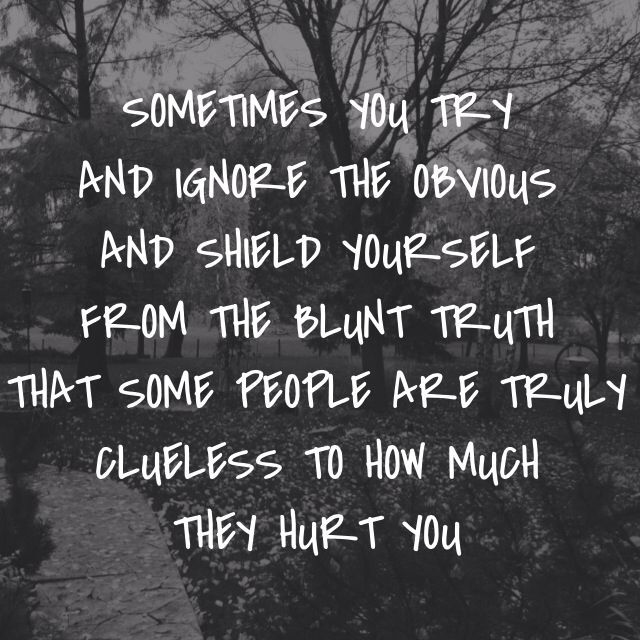
Thus forgiveness may be worth exploring while you explore if the friendship is worth saving.
Forgiveness is a part of friendship, and getting hurt by a friend — even your best friend — is not uncommon.
When a friend hurts you, it often has less to do with you and more on “their past pain and what’s going on with their life,” explains Antoinette Beauchamp, a certified leadership coach specializing in communication and relationship management.
If you’re trying to decide whether you can still be friends, the real question to ask yourself, according to Beauchamp, is, “can you be friends with someone who hurt you without resentment?”
If you don’t think you can forgive the hurt, then “having an authentic friendship will be difficult — and the pain will likely resurface, causing another argument later,” says Beauchamp.
How to determine if the friendship should be fixedDetermining if a friendship should be fixed “depends on how much you value the friendship and whether or not you’re willing to work through the hurt,” suggests Dr. Harold Hong, a board certified psychiatrist in North Carolina.
Harold Hong, a board certified psychiatrist in North Carolina.
Your choice to fix the friendship may also depend on the outcome of your confrontation. “If they’re defensive or refuse to take responsibility, you may need to reconsider your decision to stay friends,” says Hong. “You don’t want to lose yourself in a friendship or be with someone who doesn’t value your feelings.”
On the other hand, if they are receptive and apologetic, and you know you want to stay friends, Beauchamp suggests taking the time you need to heal and returning to the friendship when you feel ready and open.
“Confronting a friend who hurt you will not be easy,” notes Dr. Nereida Gonzalez-Berrios, a board-certified psychiatrist in Texas. “The confrontation needs to be planned, so any overwhelming feelings don’t make the process difficult to restore.”
Gonzalez-Berrios recommends the following steps:
- Prepare yourself for what you want to talk about.
- Stay composed while you explain how they hurt you.

- Let your friend give a viable explanation — and listen.
- Avoid arguing, but be assertive with your point of view.
- Be clear about your boundaries in the relationship.
“Be honest about your feelings and use ‘I’ statements to express yourself,” suggests Hong. “For example, ‘I felt disrespected when you raised your voice at me in front of others.”’
From there, Hong suggests you try to explain how you would like the situation to be handled differently in the future. “For example, ‘In the future, I would appreciate it if you would talk with me privately if you’re upset with me instead of yelling at me in front of others.'”
It’s also critical that you give your friend a chance to respond. “Your friend may not have realized their actions were hurtful, so this is an opportunity for them to understand your perspective,” says Hong.
And while confrontation may feel intimidating, Beauchamp reminds us that giving honest feedback is sometimes the most loving thing you can do.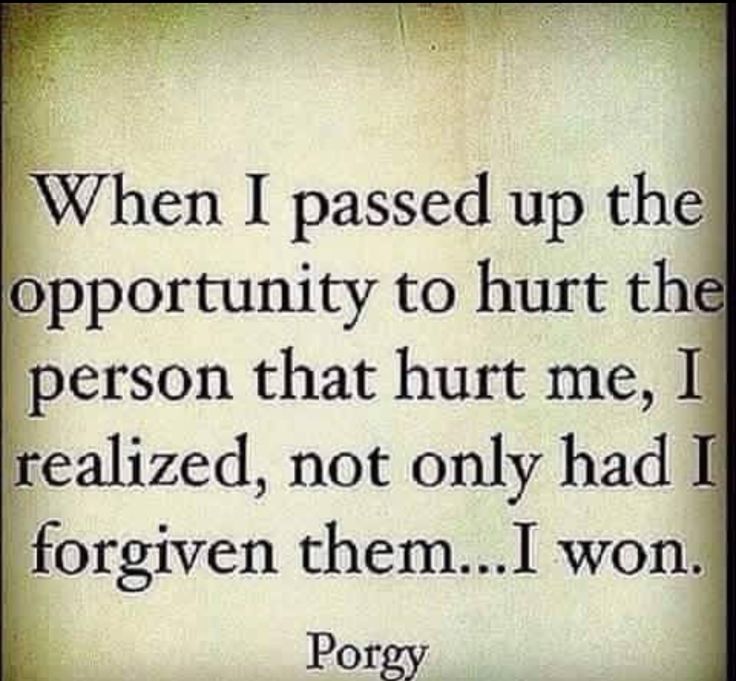 ”
”
“To reconcile a friendship, be honest, communicate, and create a path forward together,” says Beauchamp.
It’s also important to let go of resentment. “Holding onto anger and resentment will only damage your mental health and prevent you from moving on,” explains Hong. “Try to let go of negative feelings and focus on the positive aspects of your friendship.”
“You can also forgive and then steer clear of them in the future if you feel it’s in your best interest,” says Hong. “In fact, mental health experts recommend forgiving those who have hurt you to improve your mental health and well-being.”
Remember that when healing a friendship, you also need to heal yourself. Beauchamp suggests turning to tools such as meditation, breathwork, and journaling to help you process any complex emotions.
You also don’t have to heal alone. “If you’re feeling particularly overwhelmed, don’t hesitate to reach out to [another] trusted friend or family member for support,” says Hong.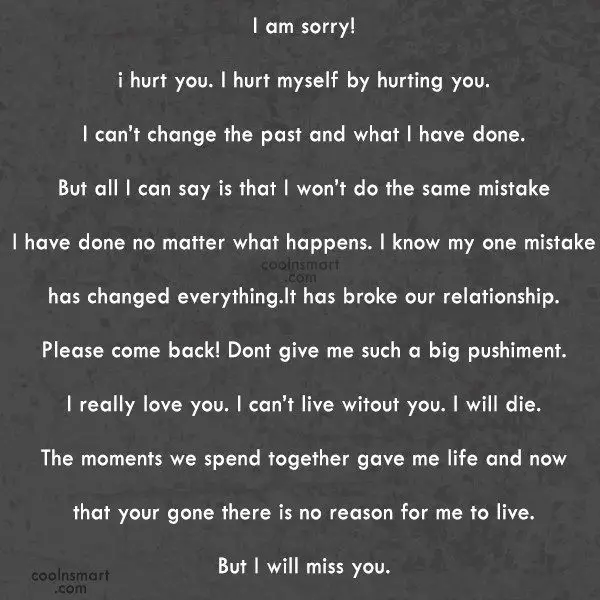 “Seeking mental health assistance can also help you process your emotions and develop healthy coping mechanisms.”
“Seeking mental health assistance can also help you process your emotions and develop healthy coping mechanisms.”
Forgiving a friend won’t always be easy, and it may take some time for things to return to normal.
Still, forgiveness and healing are possible if both you and your friend are willing to work on the relationship. And either way, your mental health will thank you for practicing forgiveness.
“Friendships are like all other relationships, there are stages and phases, and things change. And that’s okay,” says Beauchamp. In fact, things may change for the better, even if it’s not in a way you expected.
Connections that make you suffer | PSYCHOLOGIES
A person among people
The pattern of friendships is often determined by relationships from our childhood, and therefore we, without realizing it, can strive for friendship, which obviously dooms us to suffering.
Loss of my “I”
“Natalia has been my best friend for almost twenty years. We met in the first year of university,” recalls 42-year-old Polina. - I admired her: she was beautiful, very smart, all the "stars" of the faculty looked after her. I always remained in her shadow, but I was happy with this, because next to her I felt the fullness of life.
We met in the first year of university,” recalls 42-year-old Polina. - I admired her: she was beautiful, very smart, all the "stars" of the faculty looked after her. I always remained in her shadow, but I was happy with this, because next to her I felt the fullness of life.
Natasha could be very kind, but if something irritated her, she could simply destroy her with a harsh word - I experienced this myself more than once.
I changed my principles for her sake, she dragged me into a scam, and I had to go for a real scam
I felt that I was no longer in control of my own life, that my friend controlled me, but I could not stop. Then the scam broke, my role, fortunately, went unnoticed, and Natasha had to leave the country. She promised to write, call, but disappeared. About two years later, I found out that she had a great job in Italy. I don't think she remembers me."
To get rid of resentment, Polina turned to a psychotherapist, and the mystery of her painful friendship gradually cleared up.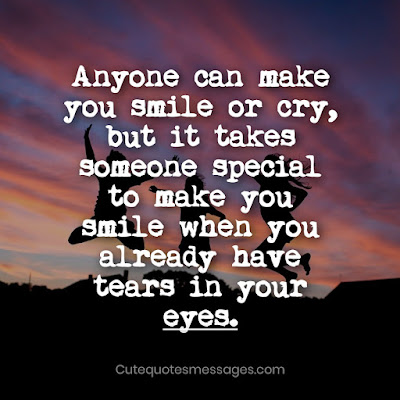 As a child, she was often pointed out to her weaknesses and shortcomings, so she was, in fact, accustomed to this type of relationship. In addition, Natalya appreciated Polina, not like her parents, and for this Polina was ready to endure any harshness and even sacrifice herself. “This is a typical problem for people with low self-esteem,” says psychotherapist Albina Loktionova. “They are ready to sacrifice themselves, because they are unconsciously convinced that this is the only way to somehow compensate for their shortcomings, often imaginary.”
As a child, she was often pointed out to her weaknesses and shortcomings, so she was, in fact, accustomed to this type of relationship. In addition, Natalya appreciated Polina, not like her parents, and for this Polina was ready to endure any harshness and even sacrifice herself. “This is a typical problem for people with low self-esteem,” says psychotherapist Albina Loktionova. “They are ready to sacrifice themselves, because they are unconsciously convinced that this is the only way to somehow compensate for their shortcomings, often imaginary.”
Manipulative friends
Another negative scenario is choosing a narcissist as a friend. Eugene can confirm this: at the age of 25 he met Konstantin, a promising musician. “Kostya knew a lot of amazing people, he opened up a world for me that I would never have entered on my own. But he behaved as if he were the master of this world, and I was an uninvited guest. He could exalt me to the skies and immediately trample me into the mud. Once he invited me to the dacha to one of his wonderful friends. And at the last moment he suddenly said: “You should not go. I think you will be bored there, and you yourself are unlikely to seem interesting to anyone. The worst thing is that at that moment I felt so insignificant that I agreed with him!”
Once he invited me to the dacha to one of his wonderful friends. And at the last moment he suddenly said: “You should not go. I think you will be bored there, and you yourself are unlikely to seem interesting to anyone. The worst thing is that at that moment I felt so insignificant that I agreed with him!”
Manipulators like Konstantin alternate manifestations of sympathy and cruelty
The reasons for this behavior may be different. “In a house where a domestic tyrant ruled or one of the parents left the family (or died early), children are convinced that the person they need is able to leave or humiliate them,” explains Albina Loktionova. The child feels guilty and does not deserve anything good in the future. He grows up with confidence: nothing in life is given for free, from the heart, neither love nor care. And if no one helped such children, they reproduce these relationships: some feel unworthy, others “act out” the situation from a position of strength and control - now they decide whether to give love and what to demand in return. In other cases, spoiled children grow up as manipulators, who cannot stand disappointment, do not want to take into account the feelings and interests of others.
In other cases, spoiled children grow up as manipulators, who cannot stand disappointment, do not want to take into account the feelings and interests of others.
The victim of such a friendship should run away immediately. But this just requires high self-esteem, getting rid of childhood feelings of guilt and fear of experiencing the pain of a breakup or even greater humiliation. We begin to convince ourselves that the difficulties are temporary, that when our friend gets to know us better, he will truly appreciate us and behave differently ... Alas, if a friend looks like Konstantin, most likely this will not happen. Working with a psychotherapist helped Evgeny understand how he fell into a trap. His father, a bright and extraordinary personality, assured that the main thing was the ability to laugh at oneself. In the name of this principle, he did not cease to ridicule his son. And he, admiring his father, resignedly endured ridicule, believing that he was demonstrating a good sense of humor.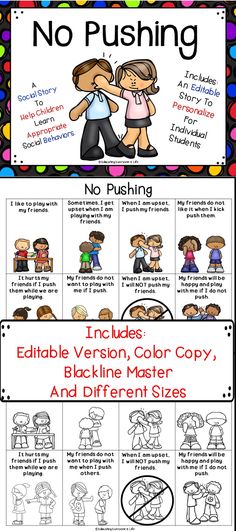 He reproduced this pattern of behavior with Konstantin.
He reproduced this pattern of behavior with Konstantin.
When feelings become a burden
Is it always worth saving friends?
When faced with a friend's destructive behavior, we consider it our duty to help him "correct." But this task is beyond friendship, says sociologist Jen Yager.
“It is not your job to heal a friend and increase his self-esteem. However, if you understand the reasons for his behavior, then at least you will not blame yourself for the fact that the friendship ended. By understanding these reasons and letting your friend or former friend know about them if you think it's appropriate, you may be able to push them to seek professional help. But if this does not happen and your friend fails to change the negative features of his behavior, rooted in childhood problems, consider ending the friendship with him in time without losing self-respect.
*J. Yager "When Friendship Hurts" (Infotropic Media, 2011).
Unfortunately, sometimes we provoke betrayal ourselves.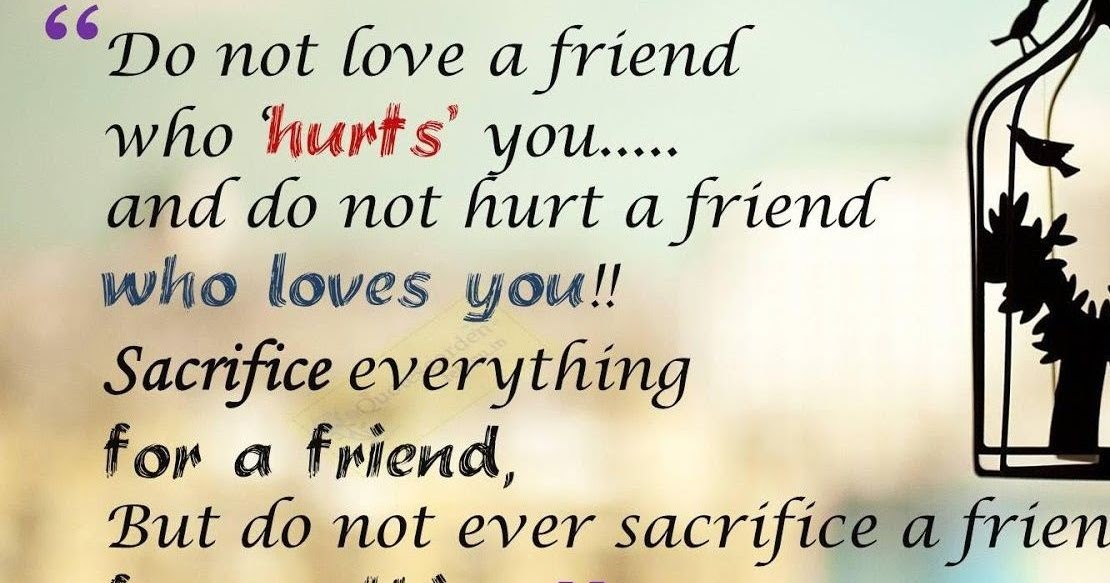 So, in essence, behave those who literally idolize their friends, showering them with compliments and gifts. “My friendship with Christina was the strangest in my life,” says 34-year-old Olga. - We met on a business trip - common interests, a lot of topics for conversation, good ground for friendship. At first, Christina's enthusiasm flattered me: after all, I'm five years older, I know more and can do business. But gradually this situation began to tire me. A friend bombarded me with compliments: I have the best dresses, and my husband is the most wonderful, and I drive an amazing car. I tried to explain that Christina's enthusiasm was inadequate and I couldn't help but suspect that it was false, but she got so upset that I felt sorry for her, and we closed the topic. And then I realized that I was waiting with horror for our meetings, Christina's calls, her gifts with or without reason. I felt like a monument, not even to myself, but to some of her fantasies. And it was impossible to explain it to her.
So, in essence, behave those who literally idolize their friends, showering them with compliments and gifts. “My friendship with Christina was the strangest in my life,” says 34-year-old Olga. - We met on a business trip - common interests, a lot of topics for conversation, good ground for friendship. At first, Christina's enthusiasm flattered me: after all, I'm five years older, I know more and can do business. But gradually this situation began to tire me. A friend bombarded me with compliments: I have the best dresses, and my husband is the most wonderful, and I drive an amazing car. I tried to explain that Christina's enthusiasm was inadequate and I couldn't help but suspect that it was false, but she got so upset that I felt sorry for her, and we closed the topic. And then I realized that I was waiting with horror for our meetings, Christina's calls, her gifts with or without reason. I felt like a monument, not even to myself, but to some of her fantasies. And it was impossible to explain it to her. I ended up having to say a lot of unpleasant things to Christina. I’m still ashamed to think about it, but I just had no choice.”
I ended up having to say a lot of unpleasant things to Christina. I’m still ashamed to think about it, but I just had no choice.”
The type of behavior described by Olga is sometimes called romanticization neurosis
Psychoanalysis sees behind him the suffering of someone who is disappointed in his parents and desperately seeks to embody parental images in friends who would recognize and love him unconditionally. However, the object of romanticization "suffocates in the arms" and is often forced to prove its imperfection. Moreover, Christina wants her friend to appreciate and love her, but her own feelings for Olga are doubtful: according to psychologist Karen Horney, “the neurotic need for love and affection is devoid of such an important quality as reciprocity.” 1
There is another neurosis in which the "compass" of the unconscious invariably leads some of us onto the path of suffering and loss in relationships and turns us into eternal victims.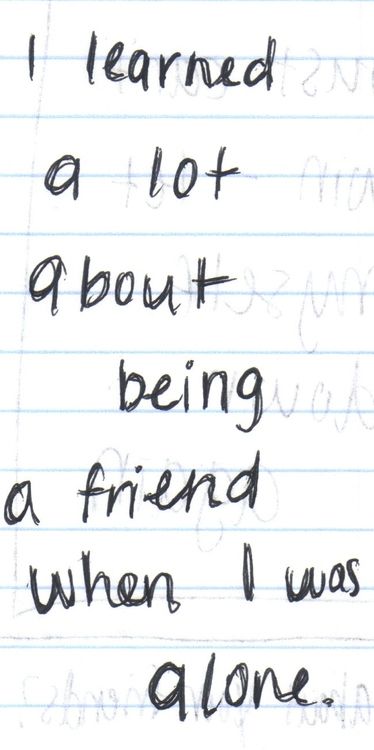 Sigmund Freud considered this neurosis to be the result of guilt associated with the Oedipus complex 2 . By punishing oneself for childhood fantasies of incest, one re-enacts the same catastrophic scenarios.
Sigmund Freud considered this neurosis to be the result of guilt associated with the Oedipus complex 2 . By punishing oneself for childhood fantasies of incest, one re-enacts the same catastrophic scenarios.
Break the vicious circle
We do not like to give in friendship more than we receive; we worry if a friend does not fully accept us for who we are, disappoints us, or, conversely, pushes us to do things that we are ashamed of. There are friends who cannot be trusted, and those who allow themselves to speak with disdain about people dear to us. All these are reasons to think about whether we need such a friendship. And if fate brought us together with someone who needs us to feel bad (because then they feel alive and successful), the only way out is to end the relationship. To get rid of pain, you need to determine your pain points - after all, what remained unknown in the psyche constantly returns, Freud noted. And then, perhaps, we will finally be freed from the toxic relationships that make up the dark side of friendship .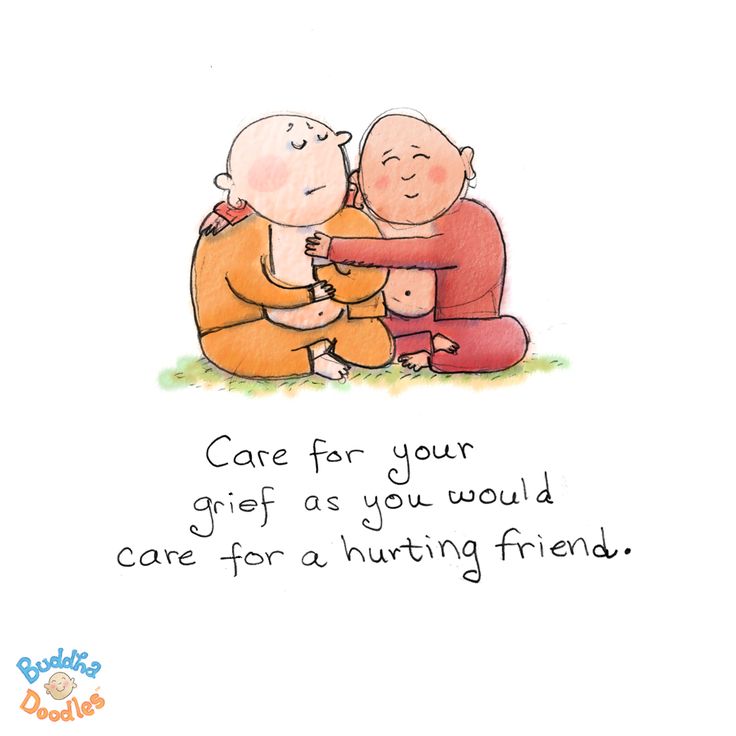 ..
..
-
K. Horney "Introspection" (Academic project, 2009).
-
S. Freud "Beyond the Pleasure Principle" (Folio, 2010).
Text: Yury Zubtsov
New on the site
How to live a long and happy life: 20 steps to well-being - use our advice
“How to accept the fact that my boyfriend has a child from another?”
"How to meet a normal girl?"
How to eat under stress: the principles of a healthy diet - learn the findings of scientists
14 secrets of a long marriage - find out how happy couples live
How the Khachaturian sisters live: a mother's story
Living a full life: how to minimize the symptoms of menopause
Pathological liars : Why do they deceive others without any benefit to themselves?
When friendship hurts.... - Virtual dating
29.12.04 18:54
"Oh, how many nervous and unhealthy ties, unnecessary friendships┘"
Recognizing bad friends
"My friend starts getting into all the girls I like. "
"
"A close friend of mine went to our mutual boss and said I was not doing my job."
"My girlfriend confessed to sleeping with my boyfriend."
"He used to gossip about me behind my back in the office."
Have you experienced this?
"Friends to the grave" - almost the same as "And they lived happily ever after, and died on the same day." In Old English, the word "friend" literally meant "loving" ... Friendship is as important to us - and for some more - than love and family. Especially, as we are all convinced (and foreign guests confirm this), for Russians. Although Today, advice will be given to us by an American psychologist Jan Yager, who has written more than one book about friendships.
How does friendship develop? No less mysterious than falling in love, so let's write everything off as hidden chemical reactions. But now our casual, close and, most offensive, best friends become our enemies ... Maybe it's better to see the signs of this in advance? Take a pencil and sign the names of your alleged friends next to the appropriate items.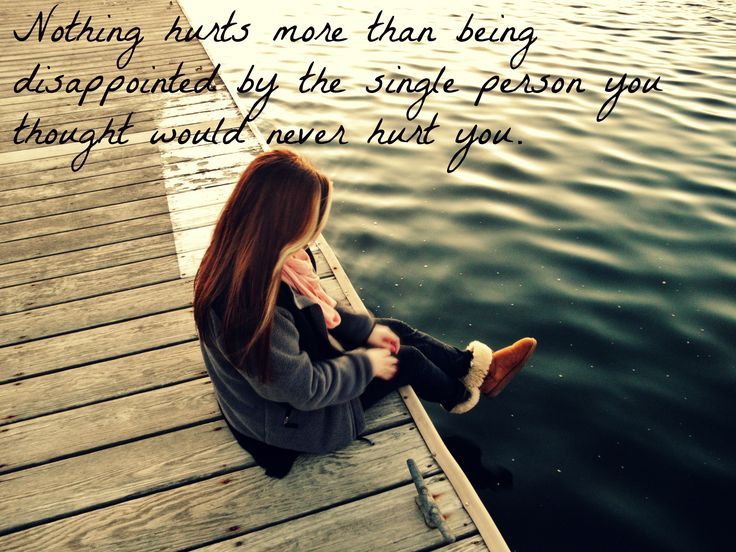
Dr. Yager counted 21 types of those who offend, torment, destroy, betray us. Those who violate the main rules of friendship: trust, understanding, honesty, confidentiality, acceptance, healthy competition, recognition of the boundaries of someone else's personality. By applying the psychologist's classification to your friends (and to yourself too!), You will receive advice and be able to assess the prospects for your friendships, necessary and unnecessary.
1. Breaker of promises.
This person regularly, constantly does not fulfill its oaths, promises and assurances. Perhaps his expectations were often deceived in childhood, and he used to do the same with others.
Tip: Try to help such a friend understand how you feel each time. Emphasize that this behavior on his part is constant, because he may believe that everything happened "accidentally". In general, lower your expectations from these relationships.
2. Thief.
It would seem that we should be flattered that someone wants to have a "piece" of us all the time next to him - be it a book, a sweater or a certain amount of money.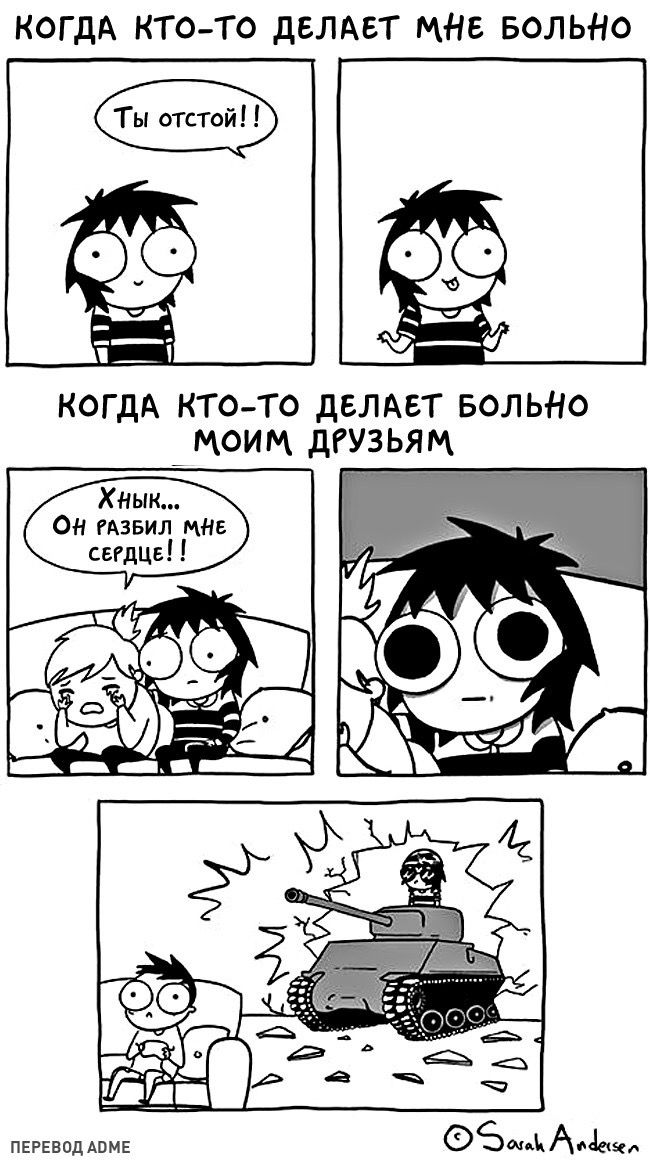 But everyone knows how frustrating it is if someone constantly borrows something from you irrevocably.
But everyone knows how frustrating it is if someone constantly borrows something from you irrevocably.
The thief often has very low self-esteem, it seems to him that you have much more than him (no matter what: money or compliments), and therefore holding your things in his hands, as he subconsciously believes, equalizes both of you.
At the same time, the type can be a millionaire, he just grew up in an atmosphere of "nothing is ever enough."
Advice: accompany each thing that you lend with a clear instruction - when it must be returned.
3. Pest.
This dangerous person intentionally hurts you. For example, spreading rumors and gossip about you. All this may be the result of resentment and betrayal in his childhood, and in this way he simply repeats what was once done to him on his friends.
Advice: break off relations immediately. Especially if you know your friend has done this to someone else before. Do not dare to leave - you will become the next victim.
4. Stuntman.
This one not only likes to go on the rampage, but and gladly puts your life and safety at risk. He can drive too fast on the road, or go snowboarding in a dangerous area, or commit hooligan antics┘
Advice: it is your right (and duty!) to refuse to venture this - alas, most often this is the case - a psychopath.
5. Absorbed by himself.
Anyone who doesn't take the time to listen to you simply devours your personality and your self-esteem. This type talks and thinks exclusively about himself.
Tip: Gently tell a friend that you need to share your problems too. Or try to do things that do not involve long conversations: playing tennis, watching a movie (but it is not recommended to make an 8-hour air flight in neighboring chairs!)
6. Liar.
He lies to you and lies to everyone. Invalid a thing for relationships in which the main thing is trust. Sometimes it is the one who deceives you by having an affair with your lover. Sometimes just a petty liar, and his "revelations" annoy you, nothing more.
Tip: decide for yourself, but the best thing is to break up with such a friend once and for all.
7. Whistleblower.
When you ask him to "let this stay between us", he nods his head in agreement, but this promise will last only until the moment when he is near a phone, computer or someone else's ear. This type simply incontinence of secrets. You can recognize the "disease" by specially launching some kind of duck through it and checking when others found out about it.
Advice: if for some reason you need this friendship, lower the barrier of frankness.
8. Competitor.
A little competition in a relationship does not hurt. But the surplus dangerous. One of the main values of friendship is that it allows a person to be himself, and therefore when someone starts to go out of their way to impress everyone, friendship is bursting at the seams. Nobody wins this race.
Tip: Avoid competitive situations. And be prepared to always listen to this type more than talk.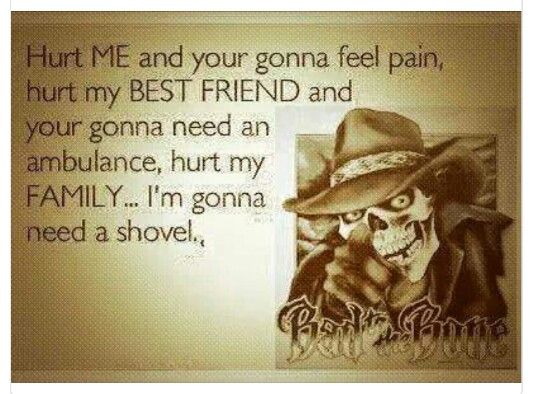
9. The best.
Such a friend has all the best - face, clothes, soul, children, things... And he constantly talks about it, making everyone feel like gray mice. In fact, the opposite is true, this is a person with low self-esteem, who has been compared with others since childhood. But, in principle, such friends are loving and caring.
Tip: Discuss less personal topics. Include the "best" in the company of others and he will show off less.
10. Competitor.
The need to compete in everything (as in type 8) leads this "friend" to fatal envy and jealousy. It can really harm you and take away your advantages - moral and material. Steal and crash your car, seduce your spouse┘
Advice: be on the alert all the time!
11. Prosecutor.
Everything you do, say, wear etc is criticized by this type. Probably, since childhood, his parents were very critical of him, and now he considers himself entitled to be the same in relation to his friends.
Tip: before branding such a critic as unworthy of your friendship, check if he is aware of his shortcoming.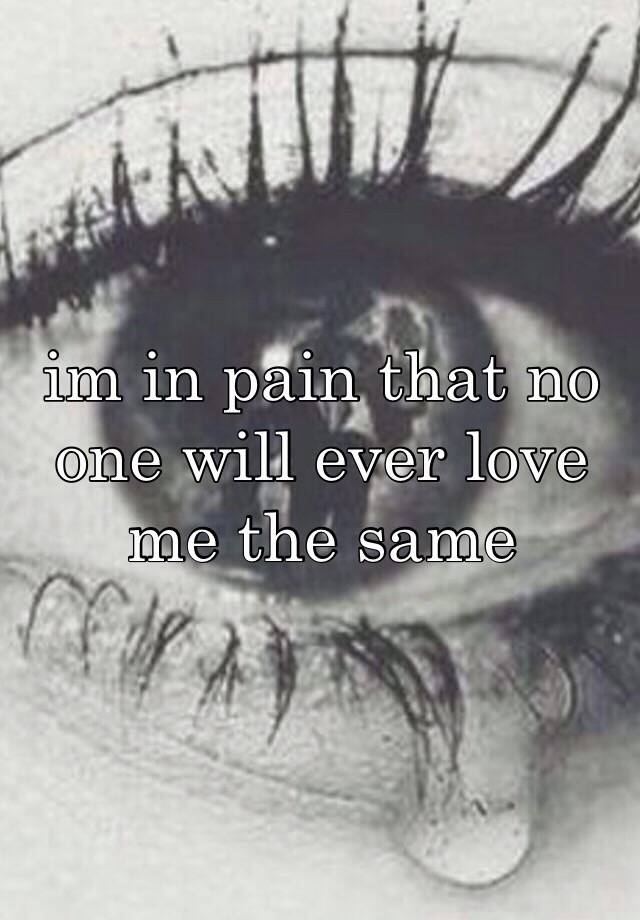 Tell him that constant comments are unpleasant for you. And if it does not help, try to criticize him himself. Perhaps after this he doesn't want to be friends with you anymore.
Tell him that constant comments are unpleasant for you. And if it does not help, try to criticize him himself. Perhaps after this he doesn't want to be friends with you anymore.
12. Sad.
Always a sad, gloomy and dissatisfied type. His depression infects everyone around, and you in the first place. (Yes, look at yourself from the outside: you don’t drown anyone yourself?)
Advice: to sustain such a relationship, you need to clearly separate your personality, get it out of the shadow of his depressive nature. The sad man needs help, but will you be able to help him fight his inner demons?
13. Rejecting.
How can this person who seems to barely tolerate you (and talks about it at every opportunity) still be your friend? This is a cruel type who loves to command and control everything around.
A rejecter in the past is a reject himself, with a very low opinion of himself. Like a joke about him: "Why should I strive to be a member of a club that wants to have someone like me among its members?"
Advice: ask him - "why then do you need someone like me?". Maybe he will change... Although unlikely.
Maybe he will change... Although unlikely.
14. Cruel.
Everything is clear here: this is a man who commits violence against his friends. Whether it's drug addiction or sexual exploitation.
Tip: It's not for you to clear out those Augean stables. Do not consider yourself the savior of mankind, save yourself from dangerous connections.
15. Hermit.
It happens that you manage to contact a person who is not only unable to make friends, but is afraid to even try. As a child, the hermit experienced emotional turmoil, which now prevents him from getting close to other people.
Tip: if you have the patience to gradually convince (by words and deeds) such a person of your good respect and love, over time, he can become your most devoted friend.
16. Vampire.
This type needs to be near you all the time, he needs your help and attention all the time, and it doesn't matter that you also have some business, duties and the right to privacy.
Tip: you must clearly set the boundaries of communication, otherwise this leech will suck out of you all the strength, energy, thoughts, feelings. .. Set a clear time that you will devote to each other. Friendship with a vampire has its advantages: in case of your problems, he is always happy to help because of his eternally unsatisfied need to be needed.
.. Set a clear time that you will devote to each other. Friendship with a vampire has its advantages: in case of your problems, he is always happy to help because of his eternally unsatisfied need to be needed.
17. Therapist.
Sometimes you just want to talk about your problems. But the therapist will always have a sea of recipes and tips for all occasions. And he's always ready to interpret situations in which you fall into ┘
Advice: tell such a person directly that you are not asking for advice. If it does not help, listen patiently and each time say: "thank you, but I think differently." If that doesn't help, break up. Or keep getting angry.
18. Intervention.
It all starts with the pleasant thought that you have finally found a friend who is interested in you. But sweet interest gradually turns into importunity, and now this type, having first put the tip of his nose into your life, has already unceremoniously climbed into it with all four limbs.
Tip: best of all - a complete exile.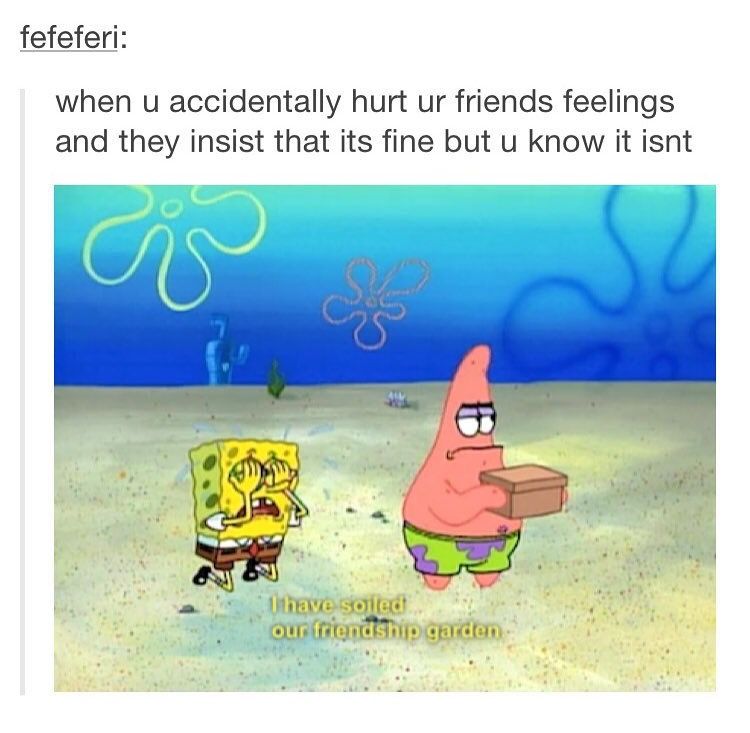 But if, nevertheless, a curious person is a good person, you need, as with type 16, to clearly establish the boundaries of your communication.
But if, nevertheless, a curious person is a good person, you need, as with type 16, to clearly establish the boundaries of your communication.
19. Imitator.
As in 18, at first this person is very pleasant to you with his attitude towards your personality. But, like the 18th, it breaks too much into your territory. He flatters and flatters, buys for himself the same things as yours, expresses the same thoughts and opinions, builds his life according to yours ... And he himself does not understand that this is undermining your legitimate uniqueness. A copycat is a weak person who leans on you like a staff in this way.
Tip: Limit access to "personal" information. Keep your relationship in hand.
20. Controller.
This one also breaks into your life, imposing his views and beliefs. The controller tries to dictate to you what to wear, read, watch, and seeks to completely subordinate you to his will.
Tip: break out and run away.
21. Caring.
Usually this type has either a bunch of younger brothers and sisters, or sick relatives, or children.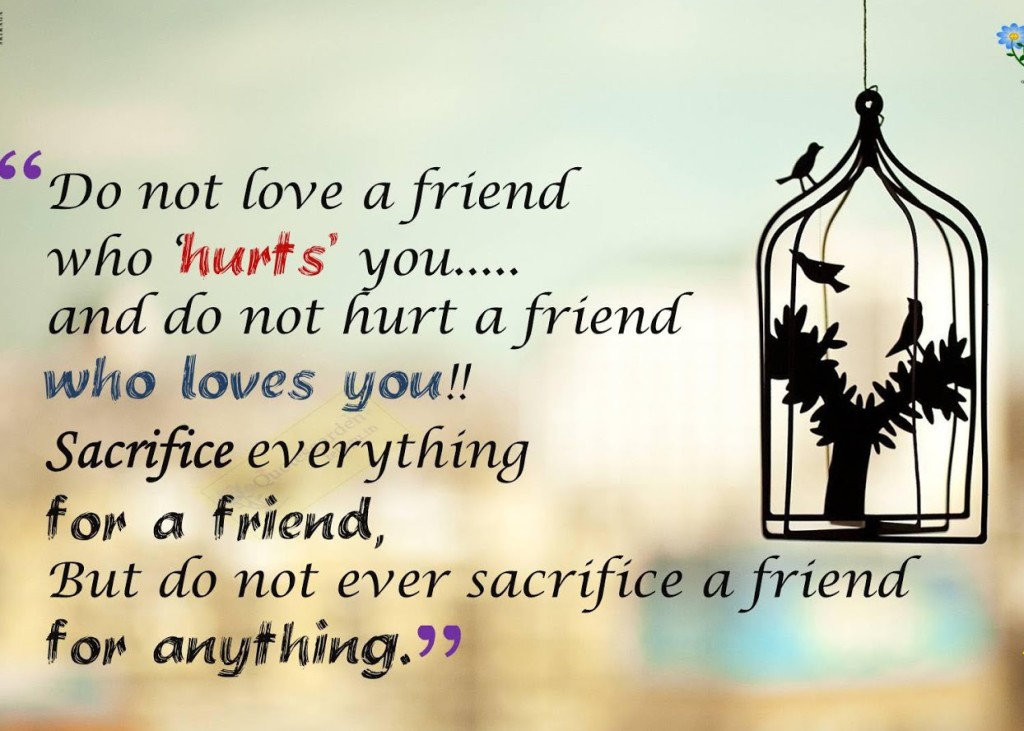 The need to take care of someone - the main feature of his personality. He also includes you in the circle of those who need to be constantly patronized. But excessive concern for friends is annoying: each of us has the right to feel independent and an adult.
The need to take care of someone - the main feature of his personality. He also includes you in the circle of those who need to be constantly patronized. But excessive concern for friends is annoying: each of us has the right to feel independent and an adult.
Tip: since this is a rather harmless creature, limit yourself to asking in the spirit of "I'm not your baby, you and I are equal."
What happiness!
Did you recognize your friends? If you're still unsure if you're in a destructive relationship with someone, take a little test with that friend in mind. Answer the questions "no", "sometimes", "often", "always". (Repeat this with each of your suspicious friends in turn.)
1. Can your friend be trusted?
2. Does your friend call you as often as you call him?
3. Does he keep his promises?
4. Do your other friends speak well of this friendship of yours?
5. Do you enjoy listening to it?
6. If your friend is of the opposite sex and you both have romantic partners, does his lover know about your friendship with him?
7.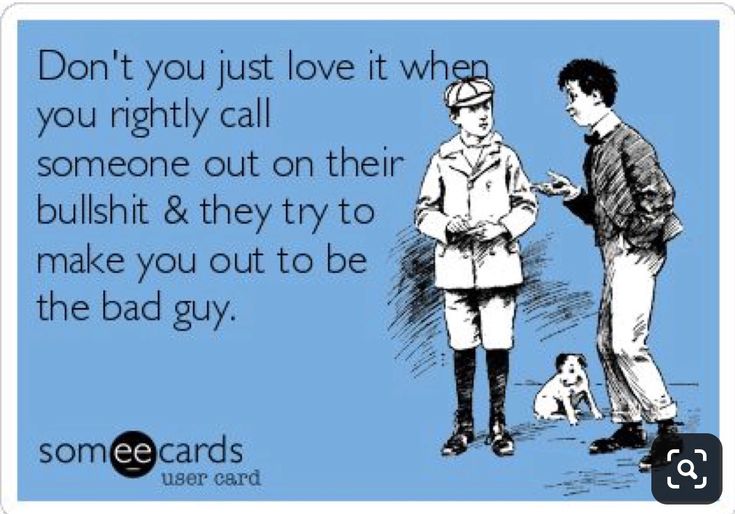 Are you proud of your friend?
Are you proud of your friend?
8. Is your friendship based on how you both are now, and not on how you were when you first met?
9. After meeting a friend, do you think "What a blessing that we are friends with him"?
10. Does your friend recognize your right to a private (other than your friendship) life?
0-1 "no" or "sometimes" answers. Your friendship is real and sincere.
2-3 "no" or "sometimes" responses. Take your friendship seriously. Which questions did you answer in the negative? "No in the answer to the 4th is not as important as in the answer to the 1st.
4 or more "no" or "sometimes" answers. Reevaluate your relationship immediately. The negatives clearly outweigh the positives.
Instead of a conclusion. Why do we fall into the trap of negative friendships? The reasons must be sought not only in the imperfection of others, but also within oneself. "Like attracts like" and no one can argue with that. We may be friends with "bad" boys or girls in the belief that we are the saviors of lost souls, out of masochism, guilt, sentimentality, an inability to say "no" or listen to other people's criticism, etc.